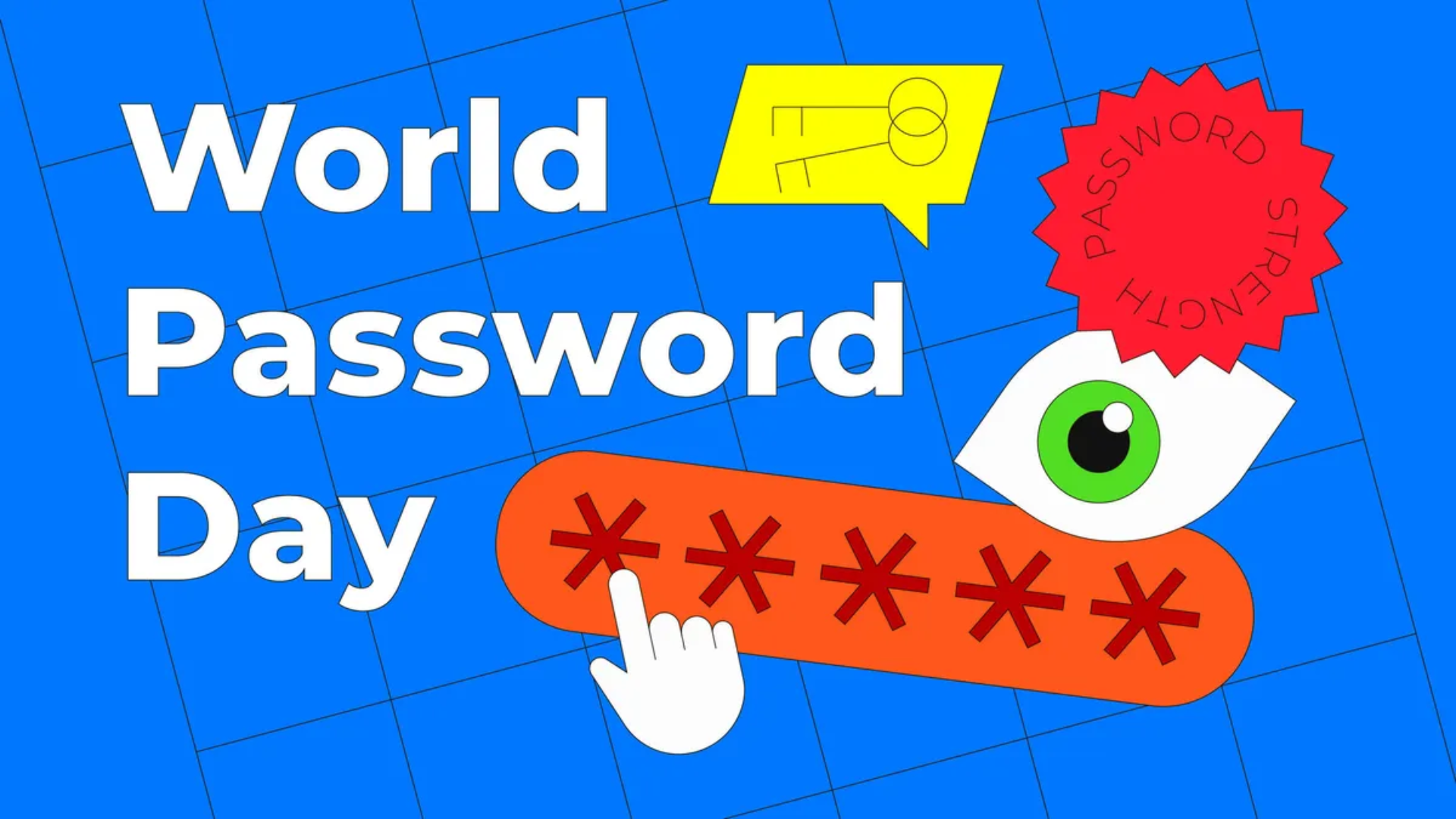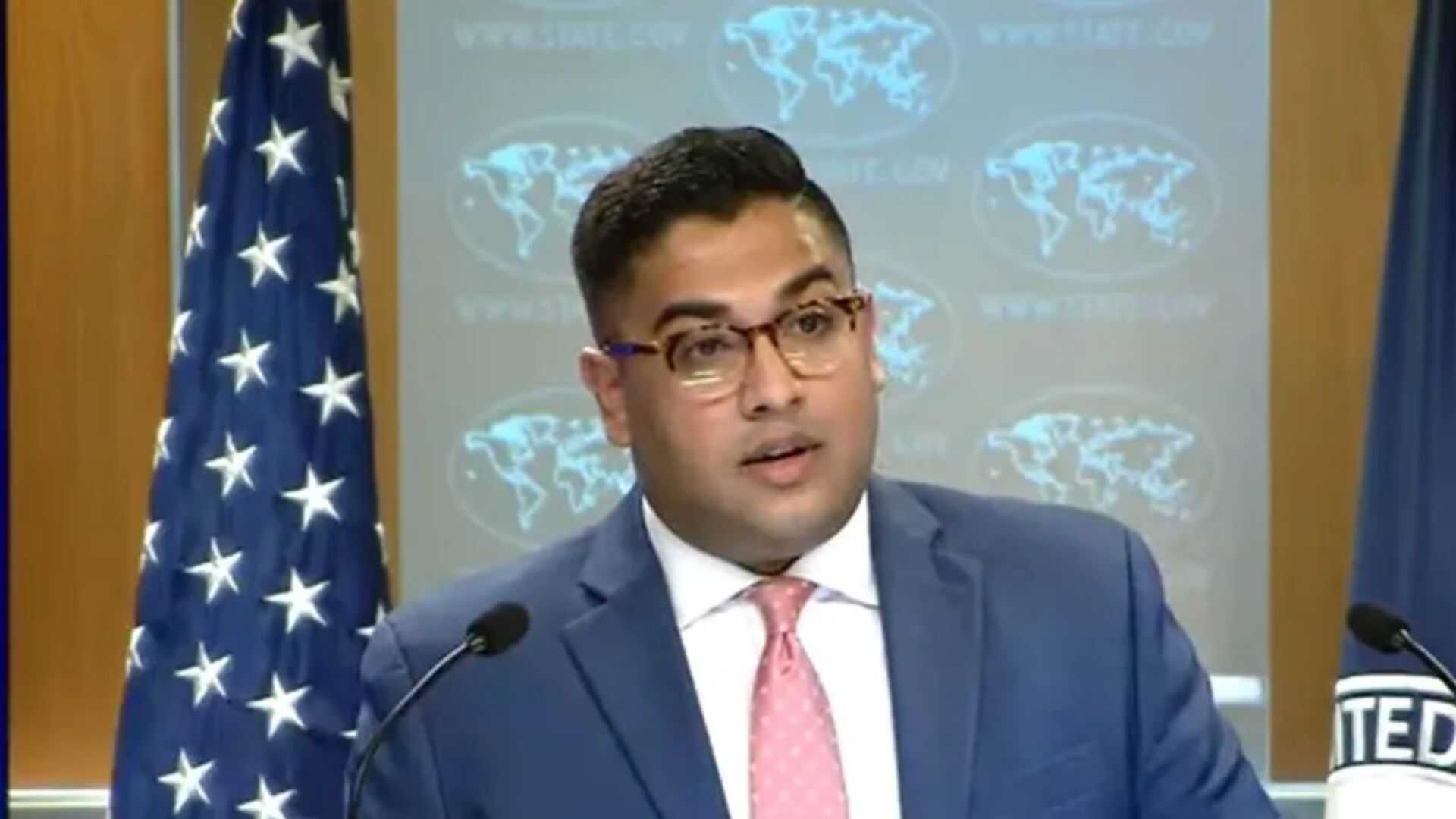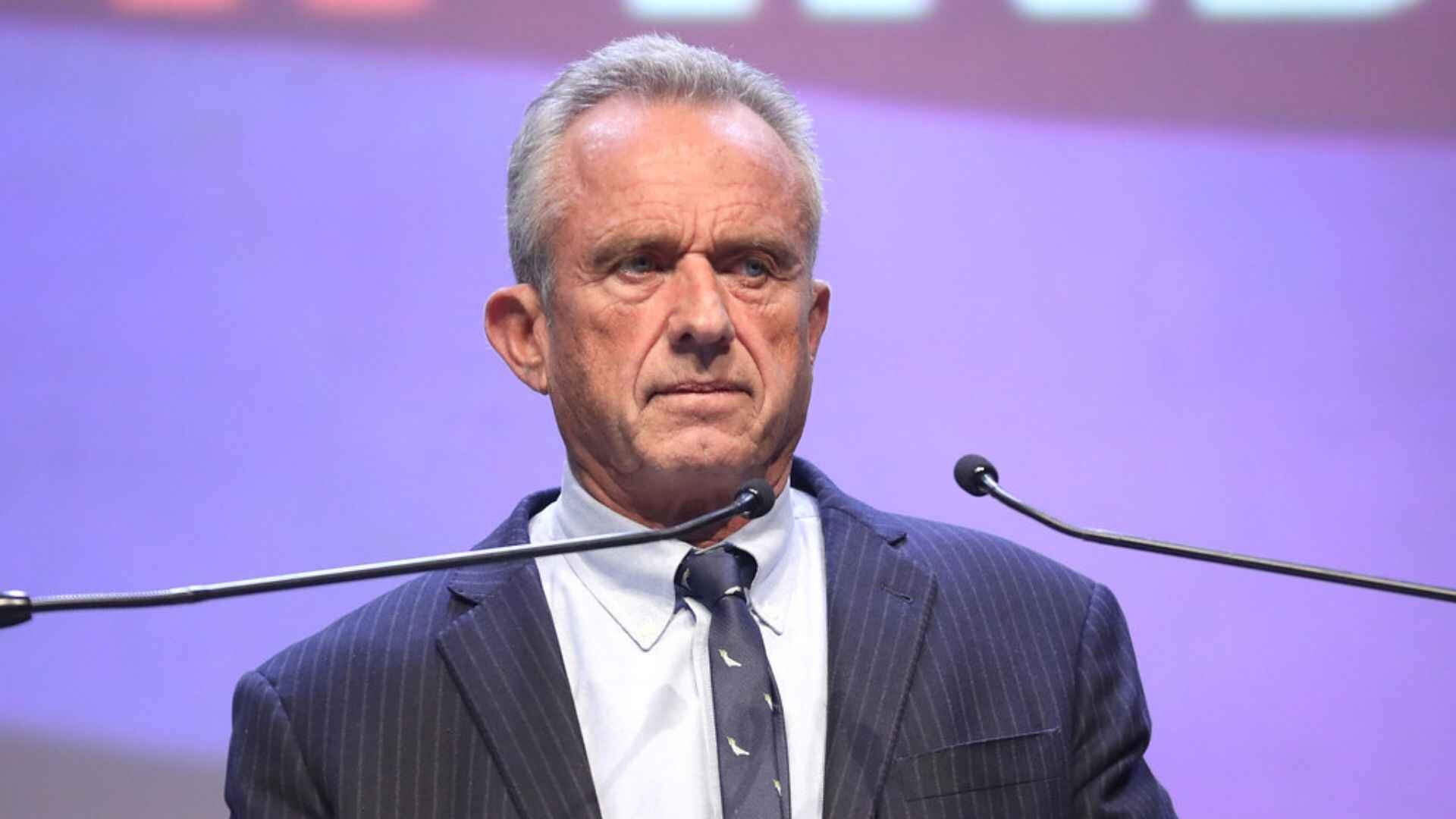
Every year on May 2, World Password Day is observed globally, spearheaded by Intel since 2013. This initiative aims to raise awareness about the critical role of strong passwords and multi-factor authentication (MFA) in enhancing online security and envisioning a future without passwords.
World Password Day, an initiative started by Intel, serves as a reminder of the paramount importance of robust online security practices. While passwords have traditionally been the cornerstone of digital security, the evolving cyber landscape necessitates additional layers of protection.
Passwords have long been the primary method of securing accounts, but they come with inherent weaknesses. The tendency to reuse passwords, write them down, or share them poses significant security risks, especially in the face of data breaches.
World Password Day emphasizes the adoption of multi-factor authentication (MFA) as a critical component of robust security. Beyond passwords, MFA adds an extra layer of protection, especially for sensitive accounts such as banking or work-related applications.
2FA Apps: Platforms like Amazon and Google offer 2FA apps that generate unique codes for each login attempt.
Single-Use Codes: Some services send one-time codes via SMS or email for added security.
FIDO Security Keys: Hardware keys provide a secure 2FA option, eliminating reliance on SMS codes.
Biometric Authentication: Biometrics such as fingerprint, face, or voice recognition offer password less logins for enhanced security.
Industry efforts, including Intel’s involvement in the FIDO Alliance, are driving towards a password less future. FIDO standards enable secure logins using biometrics or FIDO keys, enhancing both convenience and security.
In addition to login methods, securing data at the hardware level is crucial. Intel’s Trusted Platform Modules and Client Virtualization create secure zones, while Intel® Hardware Shield provides a foundation of trust.
World Password Day serves as a pivotal reminder to prioritize online security through strong passwords, MFA adoption, and advancements towards a password less future. By embracing these practices and leveraging hardware security measures, individuals and organizations can fortify their digital defenses against cyber threats.















